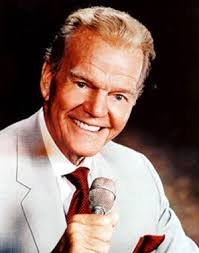
"Paul Hrvey"
Remember-the
"free" cheese is
in a mousetrap.
Years ago Paul Harvey described how Eskimos in the frozen North kill wolves.They take a razor-sharp knife, dip it in blood and freeze it. Next, They bury the handle of the frozen tundra with the blade sticking up. Wolves, attracted to the scent of blood, come to lick the blade. The cold numbs the wolf's tongue and by the time he reaches the blade he's unaware he is licking a sharp edge. As he begins to bleed, he licks even faster until ultimately he bleeds to death.
In many ways Paul Harvey was describing the way young people are lured into drug and alcohol traps. Early on, some drugs and alcohol make a person feel good and they enjoy the feeling. After a few "trips" on those drugs and alcohol, however, they begin to lose their sense of perspective and the drugs have less and less effect. This leads them to indulge in stronger, more potent drugs-and he or she is "hooked."
Interestingly enough, the wolf and the drug addict have another thing in common. Each wanted the same thing-namely, to give little or nothing and get a lot. A more successful formula is to give a lot, and you'll get a lot in return.
For even when we werewith you, we gave you thisrule: "If a man will notwork, he shall not eat."2 Thessalonians 3:10












